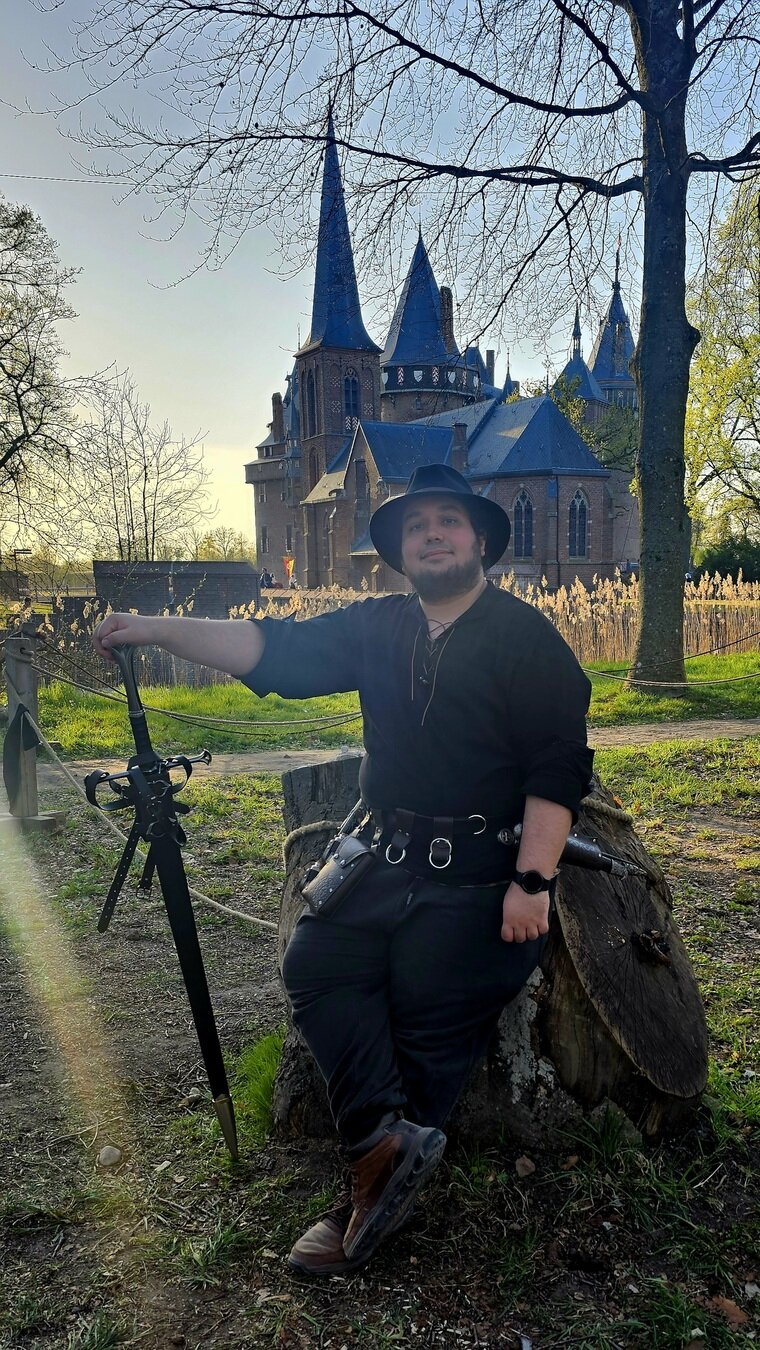MLOps with Microservices
A Case Study on the Maritime Domain
https://renatocf.xyz/ssoc25-slides
2025
Renato Cordeiro Ferreira
Institute of Mathematics and Statistics (IME)
University of São Paulo (USP) – Brazil
Jheronimus Academy of Data Science (JADS)
Technical University of Eindhoven (TUe) / Tilburg University (TiU) – The Netherlands


Paper
Slides

Former Principal ML Engineer at Elo7 (BR)
4 years of industry experience designing, building, and operating ML products with multidisciplinary teams
B.Sc. and M.Sc. at University of São Paulo (BR)
Theoretical and practical experience with Machine Learning and Software Engineering
Scientific Programmer at JADS (NL)
Currently participating of the MARIT-D European project, using ML techniques for more secure seas
Ph.D. candidate at USP + JADS
Research about SE4AI, in particular about MLOps and software architecture of ML-Enabled Systems
Renato Cordeiro Ferreira
https://renatocf.xyz/contacts

Our paper describes
challenges and lessons learned
on building OCEAN GUARD:
a system for anomaly detection in the
maritime domain

System
Specification
Actors
Investigator
Anomaly
Detection
Engine
See geolocations of marine objects in a map
Filter geolocations by area of interest, date and time
I2
Discern different types of marine objects (vessels, etc.)
I3
Retrieve geolocations from different data sources.
I4
Check metadata associated with a given marine object
I5
Highlight the trajectory of a marine object
I6
See anomalies identified by the tool in a map
I7
Filter anomalies by area of interest, date and time
I8
Inspect why an anomaly was considered so by the tool
I9
I1
Detect anomalies related to a marine object
List anomalies by area of interest, date and time
Explain why an anomaly can be
considered so
A2
A3
A1




Architecture



A Metrics-Oriented Architectural Model
to Characterize Complexity on
Machine Learning-Enabled Systems



Doctoral Symposium - CAIN 2025
A Metrics-Oriented Architectural Model
to Characterize Complexity on
Machine Learning-Enabled Systems

Research Team
MSc Students
Innovation Team
PDEng Trainees
Ui Dev Team
Hired Developers
Core Dev Team
Scientific Programmers



Published at SADIS @ ECSA 2025
Making a Pipeline Production-Ready:
Challenges and Lessons Learned
in the Healthcare Domain

Contract-Based
Development
Research
Team
Innovation
Team
Core Dev
Team
UI Dev
Team
Exploration of
state-of-the-art
techniques
Exploration of
state-of-the-practice
techniques
Back-end development
and infrastructure management
Front-end development
and user interface
design
Experimentation and Training Pipelines
Experimentation and Training Pipelines
API, Databases,
Model Repository
WebApp
Master
Students
EngD
Trainees
Scientific
Programmers
Assistant
Programmers
Document the expected formats of data exchange between two services or pipelines, which interact as consumer and producer via a data storage



Document the expected protocol of behavior between two services,
which interact synchronously or asynchronously via the network
Document the expected input and output between a trainer and a server, which interact by storing and loading models in a model registry
Code Contracts
Data Contracts
Model Contracts

This case study with OCEAN GUARD
illustrates how established
software engineering practices
can be applied to successfully build
Machine Learning-Enabled Systems
MLOps with Microservices
A Case Study on the Maritime Domain
https://renatocf.xyz/ssoc25-slides
2025
Renato Cordeiro Ferreira
Institute of Mathematics and Statistics (IME)
University of São Paulo (USP) – Brazil
Jheronimus Academy of Data Science (JADS)
Technical University of Eindhoven (TUe) / Tilburg University (TiU) – The Netherlands


Paper
Slides